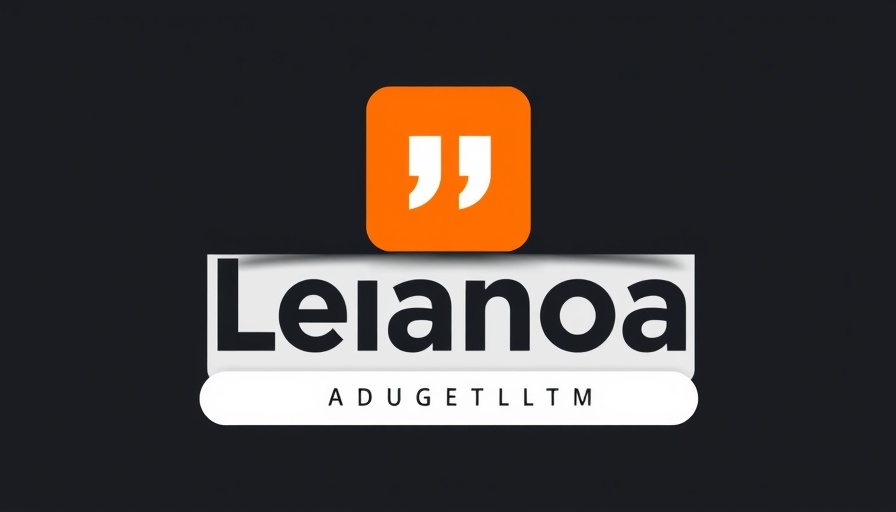
A Unified Voice for South India’s Digital Publishers
A new chapter in the realm of digital journalism has begun as South India’s top digital publishers unite to form the South India Digital Publishers Association (SIDPA). This newly formed non-profit organization aims to protect the interests of digital news companies and independent journalists, advocating for ethical standards and press freedom. By coming together under one umbrella, these publishers are making a significant impact on the region’s media landscape.
Significance of SIDPA Formation
SIDPA's formation marks a pivotal moment in South India’s digital media ecosystem. With a wide array of over 20 participating publishers—from M9 News to Telugu360—this collective effort highlights the growing importance of digital platforms that prioritize high-quality, branded content. This unity is not merely symbolic; it represents a tangible shift toward independent journalism that has started to gain the trust of an increasing number of readers over traditional media.
Empowering Local Narratives
One of the core missions of SIDPA is to amplify voices from diverse linguistic and cultural backgrounds across South India. As traditional newspapers see declining readership, the digital viewership of SIDPA member websites has surged, often surpassing that of long-standing print and television outlets. This shift demonstrates changing consumer trust, as audiences gravitate toward independent sources that reflect local sentiments and stories.
Navigating Press Freedom and Ethical Standards
In light of growing scrutiny and challenges faced by regional media, SIDPA aims to be a strong advocate for press freedom. By fostering ethical journalism, it seeks to protect the integrity of digital media in South India, encouraging a standard that resonates with core journalistic values. Founding members like Venkat Arikatla and Krishna Mandalapu emphasize the significance of ethical practices, aiming to set benchmarks that enhance quality across the digital landscape.
The Future of Digital Journalism
As the media landscape evolves, SIDPA's establishment signals the rising necessity for modern journalism that prioritizes integrity and community connection. With platforms gaining traction, there is a growing opportunity for publishers to explore innovative storytelling techniques that cater to their audience's preferences. The formation of an Internal Committee composed of respected digital media figures will further bolster these efforts, ensuring that SIDPA not only responds to current challenges but also anticipates and adapts to future trends.
A Call to Action for Readers
As consumers of news and information, it's essential to support platforms that advocate for independent journalism. By joining and participating in discussions about media ethics and press freedom, you can contribute to a healthier media ecosystem. Engage with SIDPA by visiting their official website or following them on social media to stay informed and involved in the evolution of digital publishing in South India.
 Add Row
Add Row  Add
Add 




Write A Comment